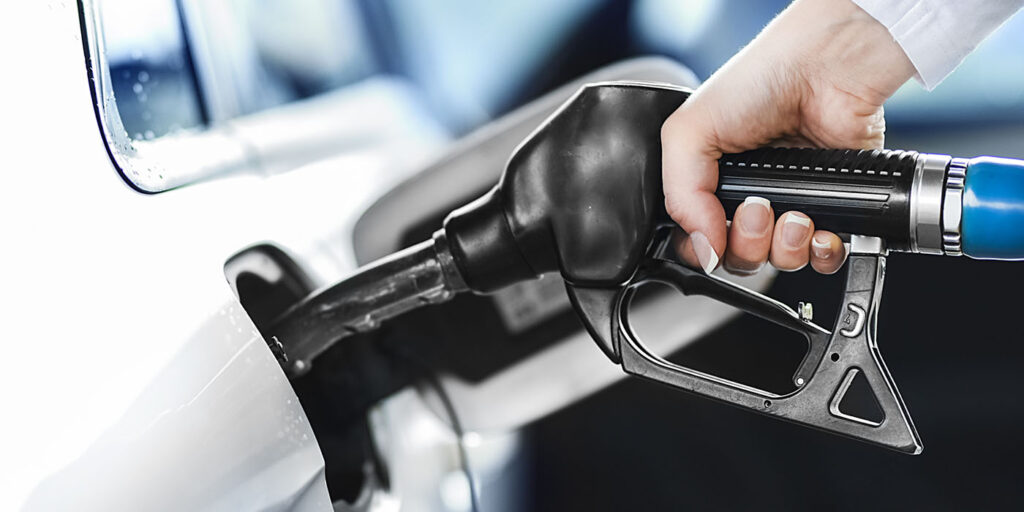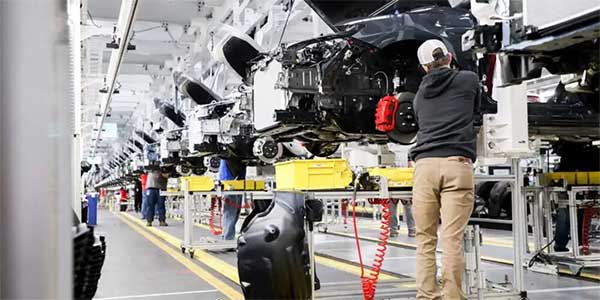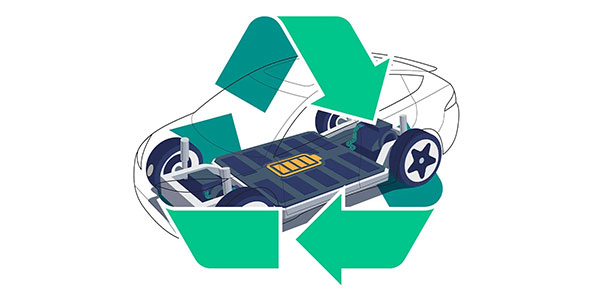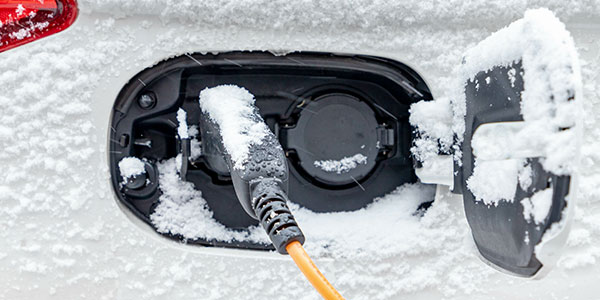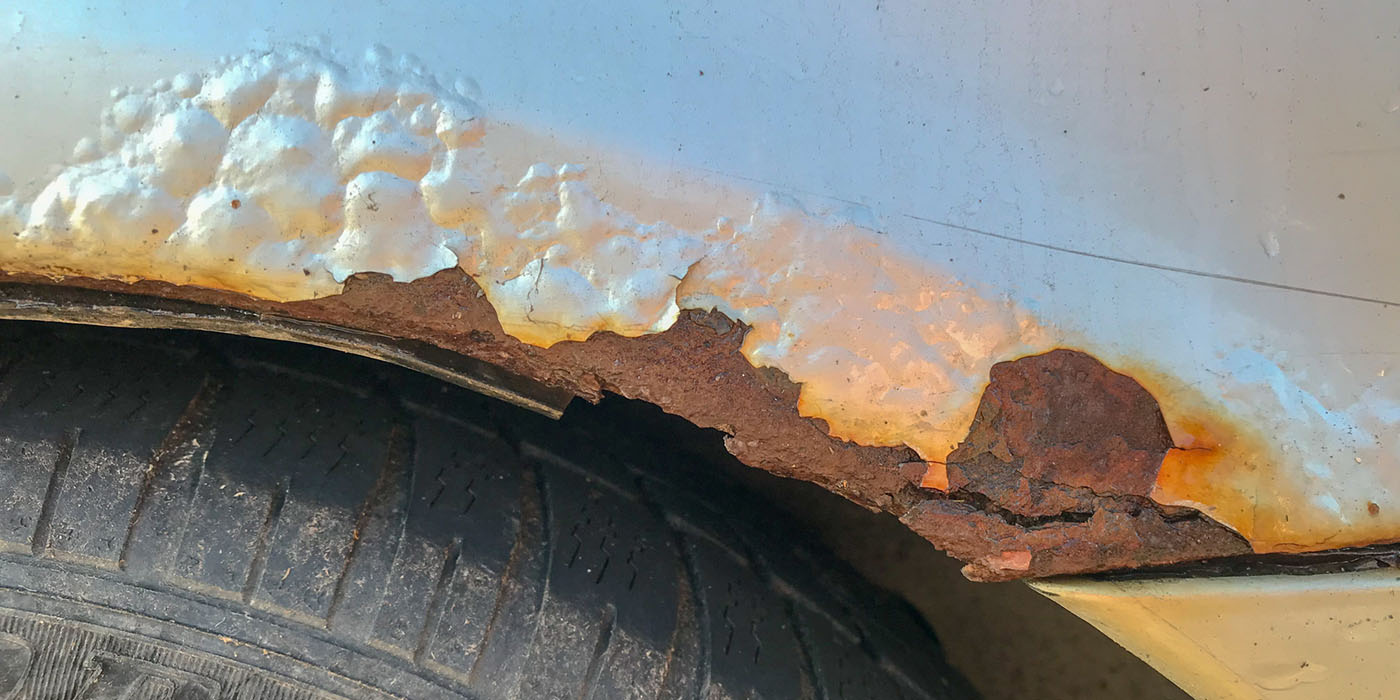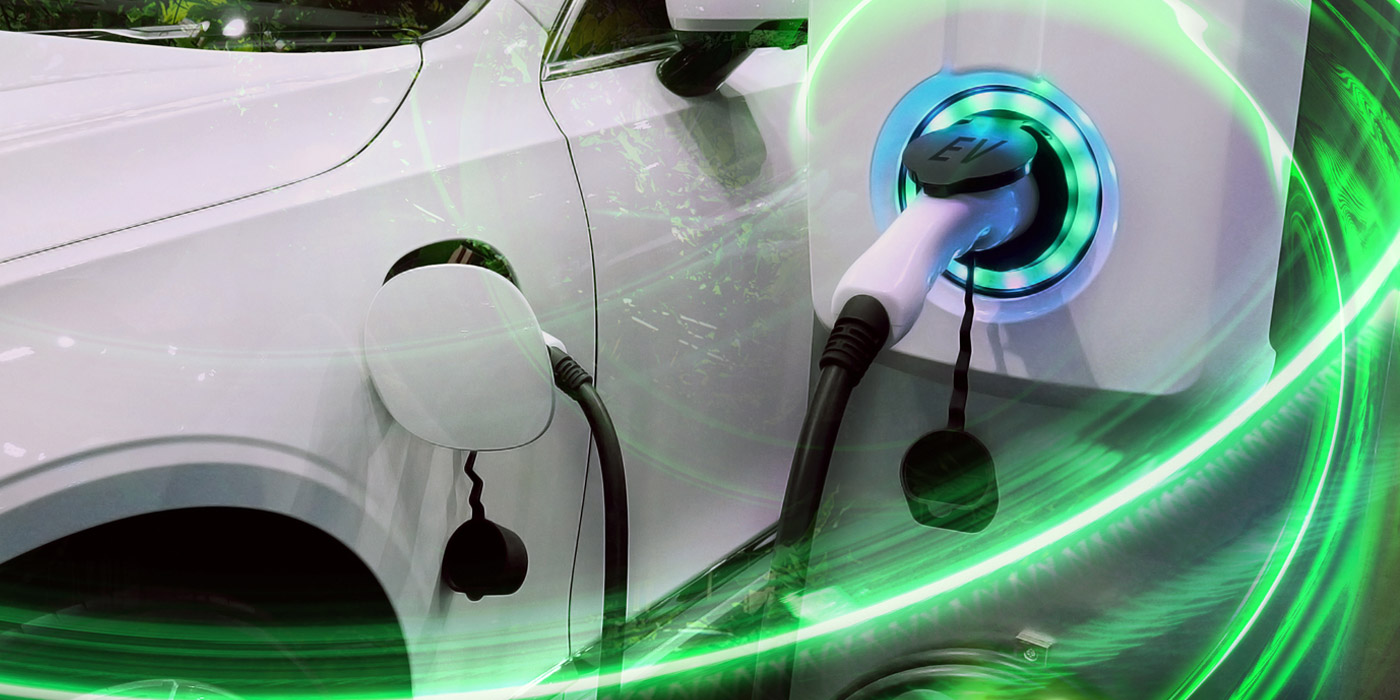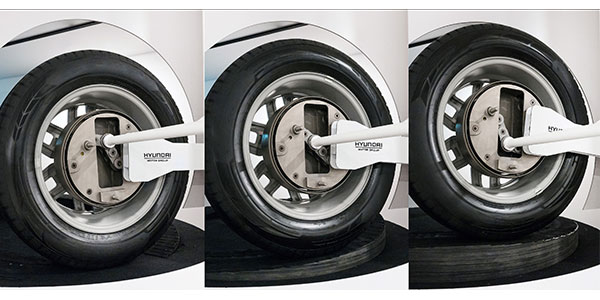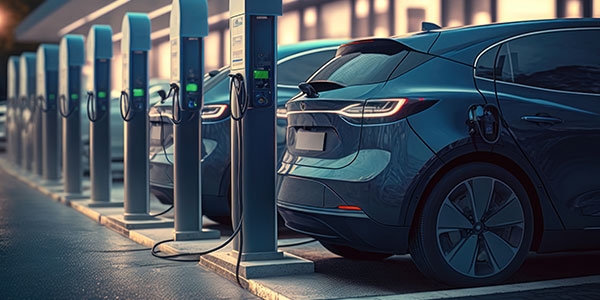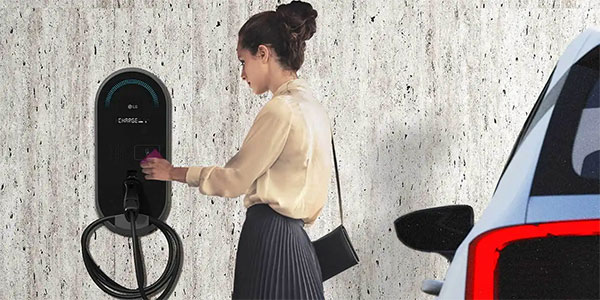The professional carwashing and detailing industries are maturing and growing as more customers prefer do-it-for-me services these days and as large, institutional investors are fueling the increased availability of these car care services. Membership plans, strategic site design and automation are delivering express washing with contactless transactions for the on-the-go customer. Additionally, customers seeking one-stop shopping are still attracted to and awarding loyalty to businesses that offer multiple services on one site, including carwashing, detailing, gas and oil change.
However, in December 2020, Mister Car Wash — the country’s leading conveyor carwash chain, according to this publication’s Top 50 U.S. Conveyor Chain List — announced that it divested its Mister Oil Change Express locations. This news led some to wonder: Will the remaining carwashes offering oil and/or gas follow suit or continue to have a competitive advantage against other local professional carwash locations?
We caught up with Bob Dubinsky, CEO/president of Waterway, and Justin Alford, co-owner of Benny’s Car Wash, to discuss the current state of gas and quick lube as well as these markets’ futures in America.
A combustible business
As cited by Dubinsky and supported by market research, fuel sales on a per driver basis have seen 1% to 2% declines in recent years. There are many reasons for the decline in gasoline consumption in America, including the emergence of ride-sharing, affordable metro public transportation and fuel-efficient vehicles. As electric vehicles (EVs) and consumer demands for a more eco-friendly future continue to intensify, how are U.S. carwashes with gasoline and quick lube offerings preparing?
“The consensus in the gasoline industry is that EVs are a real thing and that fuel sales, which have been declining a few percentage points a year due to fuel-efficient vehicles and other external factors, will continue to drive down fuel sales,” states Dubinsky, adding that his peers in the gas business view EVs not as a short-term issue but as a 10 to 20-year issue, given that widespread adoption and other unknowns, such as the practical availability of vehicle charging ports, are currently unclear.
“Exactly how EVs will affect gasoline sales in the future and how those fuel sales will be replaced … that’s the big question mark right now. I know retailers are looking hard at [the emergence of EVs]. At this point, there are more question marks than answers,” confesses Dubinsky, who currently operates 27 carwashes with 22 of those locations having gas on-site. “Still, despite the uncertainty, we love being in the gas business, believe that it is a core part of our offer valued highly by our customers and are excited to see how that part of our business evolves going forward.”
Alford, who is also plugged into the evolving auto manufacturing and fluids markets, agrees that widespread adoption of EVs or another alternative fuel source won’t happen overnight. Considered a long-standing, pioneering operator in the carwash market, Alford currently operates nine carwash locations with gas on-site at three of those locations and quick lubes at five Benny’s sites. He’s committed to servicing customers’ needs in the future, regardless of what those needs may be.
“EVs and cars of the future will still need service, including on tires, fluid changeouts and replacement, headlights and so on,” explains Alford. “We haven’t built any new gas stations recently, simply because that business has gotten highly competitive and dominated by the big brands. Still, we know our customers will always need car care services, and we’ll be there for them. Who knows — maybe we’ll be a charging station 20 years from now.”
Crude returns
The quick lube business has also seen its share of changes. In the past, operators achieved success by only offering a simple menu with a few choices in terms of oil grades. Today’s customers and vehicles, however, are more demanding. For carwashes offering quick lube service today, comprehensive staff training and education, skilled mechanics as well as a diverse menu offering are now standard for success.
“For us at Benny’s, the lube business is doing great, and we’re excited about it again,” asserts Alford. “But, it’s a different business than it was 25 years ago. The lube business was totally different back then, and it’s much more complicated today. The vehicles coming in for service require special types of oil grades, and they’re not very forgiving for mistakes.”
A few decades ago, Benny’s offered three grades of oil. Today, that number is in the dozens. Contributing factors, notes Alford, include environmental reasons. “It keeps us on our toes, and we have to know what we’re doing,” he proclaims.
For those operators doing it right, quick lube and gasoline services still provide terrific margins as well as other intangible benefits. The golden rule of retail is activity breeds more activity. This is especially important as U.S. carwashing is becoming more standardized and commodified.
“At Waterway, we believe that different is key,” educates Dubinsky. “The best way we differentiate is through customer value and experience, so we see gasoline and retail as being really great ways to stand out. As the market gets more and more crowded, differentiation becomes more and more important.”
Standing out with superior service is critical. Quick lube and gas aren’t set-it-and-forget-it additional profit centers. Since big brands are operating in the space, if you’re going to offer quick lube and gas, the experts insist you make the commitment to do it right.
Additional business center
A recent report released by Kelley Blue Book states that the estimated average transaction price for a light vehicle in March 2021 in the U.S. was $40,472 — a number that has been steadily increasing over decades.1 Additionally, in June 2021, IHS Markit, a research firm that delivers an annual report on the trend, noted that the average age of vehicles on the road in the U.S. has topped 12 years for the first time.2
Simply put, your customers are spending more money upfront for their vehicles, and they intend to keep them longer than ever before. This places an onus on car care businesses — including carwashes, quick lubes and gas stations — to deliver quality, value and skilled service with convenience without exception.
Both Dubinsky and Alford advise operators either in the quick lube and gas businesses or thinking of entering them to research well and know what they’re doing prior to building.
Related: 4 tried-and-true carwash profit centers
“Gas sales on a per gallon basis is still very profitable,” notes Dubinsky. “But, this is not a great business to be in if you don’t have good scale. The days of opening a carwash and building a single gas station, entering into a supply contract and being successful are behind us. If you try to do that, you will find that you’re really inferior to all your competitors.”
In addition to scale, there are other factors that will determine success or lack thereof.
“We treat our quick lube, gas stations and carwashes completely as separate businesses,” adds Alford. “They all have different staff, different managers, separate P&Ls [profit and loss statements], separate utilities, etc.”
Alford insists that each of these businesses also needs to have its own “presence” on the lot in order to be successful. He has seen operators try to add quick lube, for instance, on a carwash site as an afterthought but doesn’t recommend this approach after seeing the unfortunate results.
Even though activity breeds more activity, without proper site selection and design, a clogged lot can breed frustrated customers who leave before service even begins.
“Determine what you can fit on the property you have,” adds Alford. “More is not necessarily better, and you have to develop a real strategy around your decisions. The wrong choices can lead to a congested site where none of it really does well.”
Spreading employees too thin and expecting them to fill roles as a gas station attendant and prep carwash worker, for instance, are not recommended. Although it’s easier said than done these days, properly staffing each business is required for many reasons, including staff members developing service expertise and experience.
Changing customer base
In addition to the types of vehicles driving onto lots these days, leading operators like Dubinsky and Alford are also keeping a mindful eye on the types of customers behind the wheel. Macro-economic and societal trends show that younger people are driving less and buying fewer cars. Additionally, more people are choosing cityscape habitats over countryside living. Ride-sharing, public transportation and the emergence of autonomous taxis, which are already in commercial use in China, are starting to move the needle from personal vehicle ownership to corporate-owned vehicles.3
While Dubinsky believes that personal car ownership will remain at a significant level for the next half century, vehicles owned and controlled by corporate entities will gradually increase over time. “I think that shift will have a huge impact on the carwash business, and I expect it will happen before the widespread adoption and impact of EVs, for instance. There will be some change in car ownership over the next 10 years, but it won’t be as dramatic as some people think,” he predicts.
While businesses are effectively cross-selling carwashing, quick lube and gas services today with signage, incentives and rewards, a changing customer base will require a different approach. Incredible convenience with multiple sites throughout a region will be required of course, say the experts. Shifting the focus from selling to individuals to corporations instead may fuel growth and success in the future.
Sources:
1https://www.prnewswire.com/news-releases/average-new-vehicle-prices-remain-above-40-000-threshold-increase-more-than-4-year-over-year-according-to-kelley-blue-book-301269510.html
2https://www.usatoday.com/story/money/cars/2021/06/14/used-cars-suvs-trucks-used-car-prices/7638769002/
3https://www.forbes.com/sites/jamesmorris/2021/06/19/the-days-of-personal-car-ownership-could-be-numbered/?sh=6f77ea5b5902

